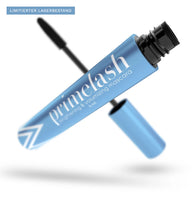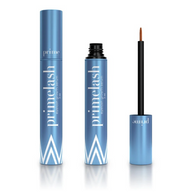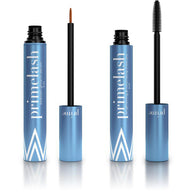Aging will definitely come to all of us. As we live our everyday lives, we also grow old. We all know what aging does to us. The process of growing old makes us frail, slower, and more likely to fall ill. Everyday, as we live, we become older and there is no denying the fact that our skin will give out the most inconvenient evidence that indeed, we are aging.
When a person is younger, the skin is elastic, bouncy and self-moisturizing. However, with age, it loses a little of its elasticity. The skin becomes thinner, and loses its capacity to rejuvenate itself.
This happens when collagen is produced less and less which results in wrinkle formation and skin sagging especially around the eyes, the mouth, or in places where the skin is thinner.
Other signs of aging skin are the appearance of dark spots due to sudden dryness of skin and loss of oil content of the skin on the face.
The dryness is due the shutting down of the sebaceous glands which stop producing oil.
Although one cannot stop the process of aging, there are actually a lot a person can do to help fight wrinkles and look younger.
If one aims to be lively and robust in their “senior” years, one needs to learn some anti-aging skin care secrets.

PrimeLash Mascara
“I’m 62. Not exaggerating when I say this is the absolute best mascara I have ever used. It makes my lashes longer, thicker and stronger. Finally someone has made mascara that covers my thin and sparse lashes!”
—Sarah A., PrimeLash Mascara
World's first Mature Mascara! With its unique hypoallergenic formula, Prime Causemetics allows you to create the look you want while volumizing, lengthening and even strengthening your lashes, thanks to the vitamins it has. Cruelty-free and Vegan!
Shop NowHere are some anti-aging skin care tips that are the most frequently touted anti-aging techniques.
- Eat a low-fat diet that contains complex carbohydrates. The standard advice from the US government is to consume 5 fruits and vegetables and 3 servings of whole grains daily for vitamins and minerals and the other healthful micro-nutrients in plants. Drink five to eight glasses of water. Get no more than about 30-35 percent of daily calories from fat, with about 20 percent of that from unsaturated fat (e.g., 1 percent milk, olive and canola oil); 15 percent from protein; and the remaining calories from carbohydrates, with an emphasis on complex carbohydrates like oatmeal, whole wheat bread and wild rice.
- Exercise regularly. Build endurance and strength with exercise. Regular aerobic exercise is a “must-do” for anyone committed to slowing the aging process. Hundreds of studies show that exercise combats the loss of stamina, muscle strength, balance, and bone density that increases with age. The American Heart Association advises doing a single set of eight to 15 repetitions, using eight to 10 exercises, two to three times a week for a comprehensive strength-building program. If you are not a beginner, that's about a 10-minute routine.
- Maximize antioxidants intake. Free radicals contribute to the onset of age-related diseases and antioxidants “neutralize” free radicals. Everyone should take a combination of antioxidants through diet and supplementation. Eat dark-colored vegetables like tomatoes, carrots, squash, and spinach for carotenoids and blue and purple berries for flavonoids. Because foods contain many classes of antioxidants that work synergistically, they are the superior source of antioxidants. But because we don't always eat as we should, experts advocate the daily intake of supplements and antioxidants including 200-250 mg of vitamin C; 100-400 IU of vitamin E; and a mixed carotenoid supplement of 6-10 mg.





0 Kommentare